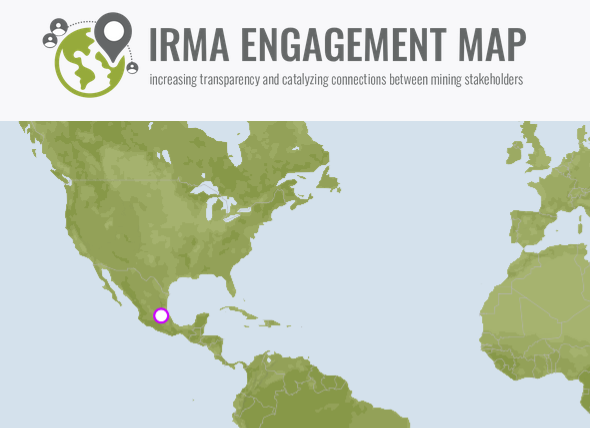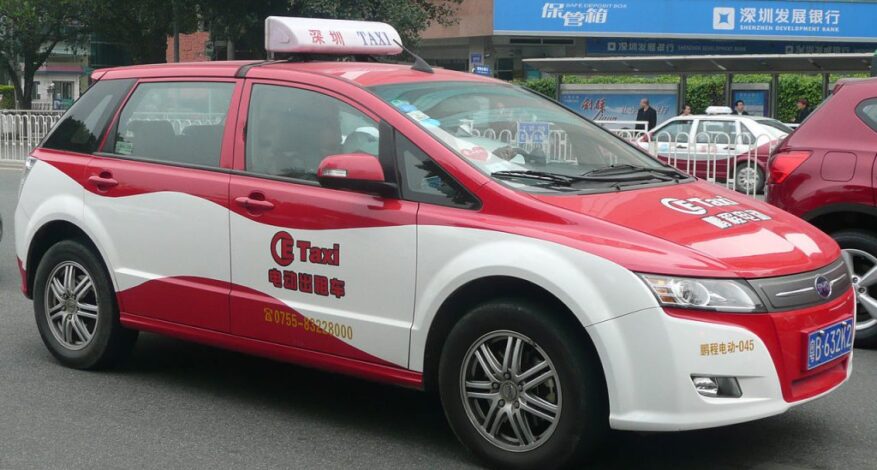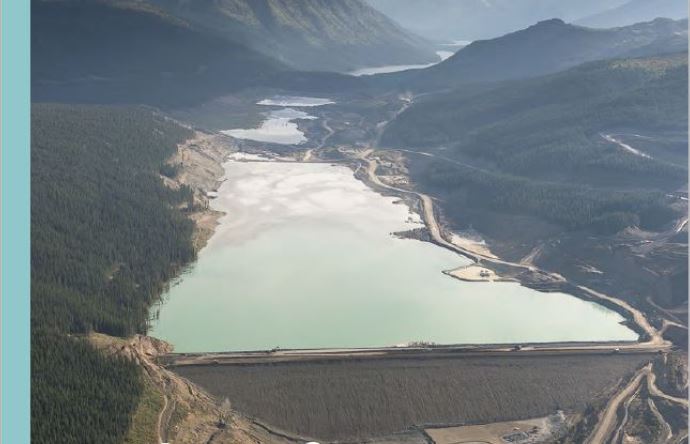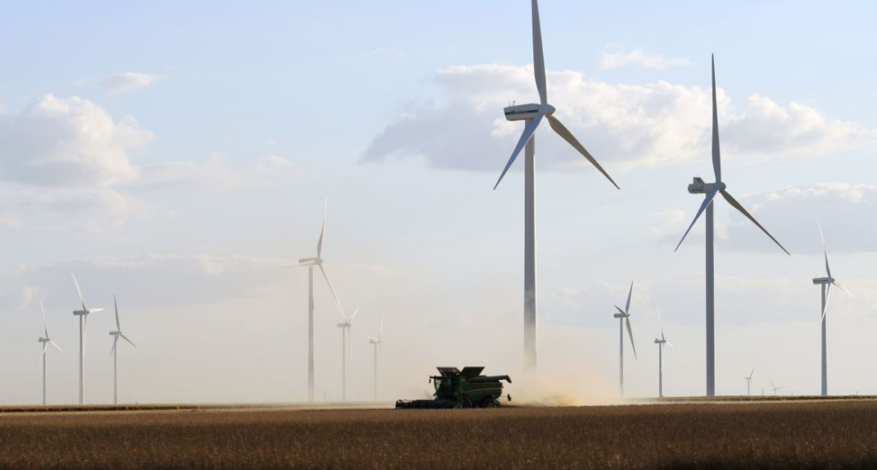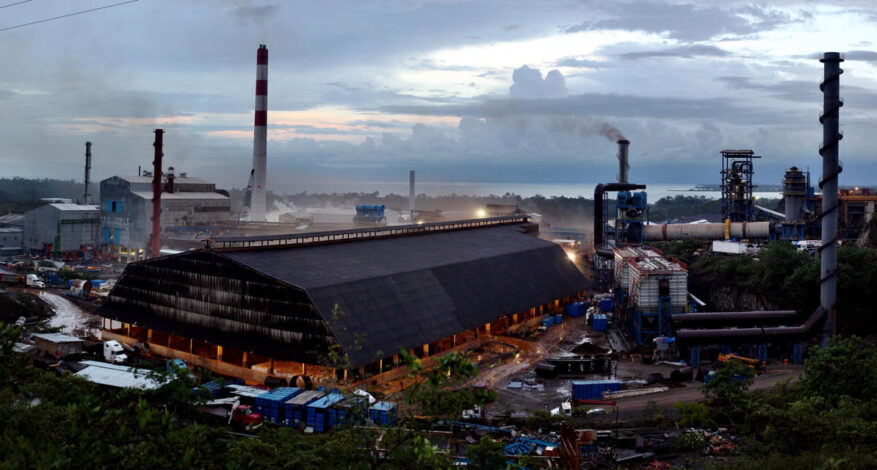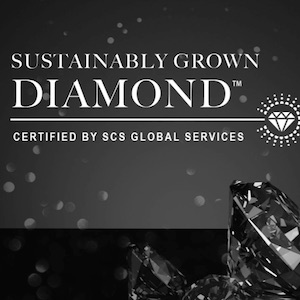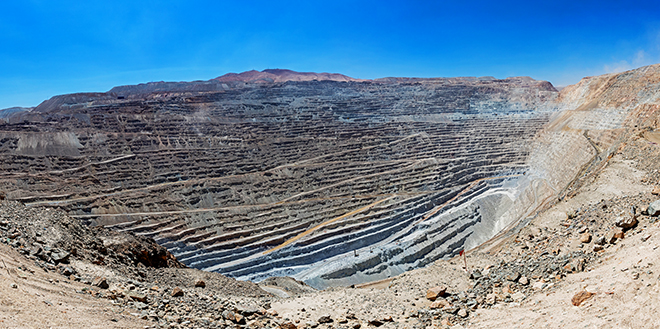Carrizal Mine Site Assessment Announcement Stage 1
The Initiative for Responsible Mining Assurance (IRMA) is pleased to announce the commencement of a third-party independent assessment of the Carrizal lead, zinc, copper and silver mine against the IRMA Standard for Responsible Mining. The Carrizal mine, located in Mexico, is operated by Carrizal S.A. de C.V.
ERM Certification and Verification Services (CVS), an IRMA-approved certification body, will be carrying out the assessment, which includes a desk review (stage 1) followed by an onsite audit (stage 2).
Stakeholder Engagement in the Assessment
Interested stakeholders and members of the public can sign up to receive updates about the Carrizal mine assessment (e.g., the timing of the stage 2 onsite visit, link to pubic summary of audit results). The Mines Under Assessment page of IRMA’s website will also provide up-to-date information on all assessments.
Mine site stakeholders are invited to submit comments to ERM-CVS on the social and environmental performance of the Carrizal mine (in particular, how the performance of the mine site measures against the IRMA Standard for Responsible Mining).
Stakeholders of the Carrizal mine may also contact ERM-CVS if they are interested in being interviewed as part of the assessment process.
Stakeholder comments and expressions of interest in being interviewed as part of the audit process should be submitted by email or mail to:
ERM Certification and Verification Services
Email: post@ermcvs.com
Mail: Exchequer Court, 33 St Mary Axe, London, EC3A 8A
Please forward this announcement, and feel free to contact ERM-CVS directly to provide names and contact information for other Carrizal stakeholders who may be interested in knowing about and participating in the mine site assessment process.
For more information on the Carrizal Mine Site Assessment, contact IRMA’s Director of Standards and Assurance: lsumi@responsiblemining.net
For general information on the IRMA mine site assessment and certification process, visit the IRMA website.

